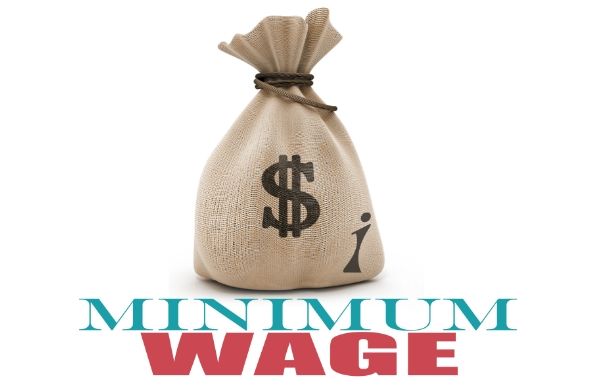Warren Buffett famously became President Obama’s favorite billionaire buddy when the Sage of Omaha was complaining that his secretary paid a higher tax rate than he did. It was a misleading claim, but the president ate it up.
I hope the president reads Mr. Buffett’s piece in today’s Wall Street Journal. He won’t eat it up but he needs to understand the arguments. Essentially, Mr. Buffett is arguing that a “crafted expansion” of the Earned Income Tax Credit would do more to help struggling Americans than raising the minimum wage (Mr. Obama’s pet project).
For starters, Mr. Buffett analysis of why some people are poor and others are rich differs from the class warfare interpretation of the president:
No conspiracy lies behind this depressing fact: The poor are most definitely not poor because the rich are rich. Nor are the rich undeserving. Most of them have contributed brilliant innovations or managerial expertise to America’s well-being. We all live far better because of Henry Ford, Steve Jobs, Sam Walton and the like.
Instead, this widening gap is an inevitable consequence of an advanced market-based economy. Think back to the agrarian America of only 200 years ago. Most jobs could then be ably performed by most people. In a world where only primitive machinery and animals were available to aid farmers, the difference in productivity between the most talented among them and those with ordinary skills was modest.
We usually propose to rectify poverty through education. Buffett explains that, while a quality education is certainly valuable, this answer won’t solve the problem:
The remedy usually proposed for this mismatch is education. Indeed, a top-notch school system available to all is hugely important. But even with the finest educational system in the world, a significant portion of the population will continue, in a nation of great abundance, to earn no more than a bare subsistence.
To see why that is true, imagine we lived in a sports-based economy. In such a marketplace, I would be a flop. You could supply me with the world’s best instruction, and I could endlessly strive to improve my skills. But, alas, on the gridiron or basketball court I would never command even a minimum wage. The brutal truth is that an advanced economic system, whether it be geared to physical or mental skills, will leave a great many people behind.
But it is Buffett’s critique of the effects of hiking the minimum wage that will—and should—have policy people talking about this article for much time to come:
In my mind, the country’s economic policies should have two main objectives. First, we should wish, in our rich society, for every person who is willing to work to receive income that will provide him or her a decent lifestyle. Second, any plan to do that should not distort our market system, the key element required for growth and prosperity.
That second goal crumbles in the face of any plan to sizably increase the minimum wage. I may wish to have all jobs pay at least $15 an hour. But that minimum would almost certainly reduce employment in a major way, crushing many workers possessing only basic skills. Smaller increases, though obviously welcome, will still leave many hardworking Americans mired in poverty.
My bold face.
Instead of raising the minimum wage, Buffett proposes this:
The better answer is a major and carefully crafted expansion of the Earned Income Tax Credit (EITC), which currently goes to millions of low-income workers. Payments to eligible workers diminish as their earnings increase. But there is no disincentive effect: A gain in wages always produces a gain in overall income. The process is simple: You file a tax return, and the government sends you a check.
In essence, the EITC rewards work and provides an incentive for workers to improve their skills. Equally important, it does not distort market forces, thereby maximizing employment.
The existing EITC needs much improvement. Fraud is a big problem; penalties for it should be stiffened. There should be widespread publicity that workers can receive free and convenient filing help. An annual payment is now the rule; monthly installments would make more sense, since they would discourage people from taking out loans while waiting for their refunds to come through. Dollar amounts should be increased, particularly for those earning the least.
There is no perfect system, and some people, of course, are unable or unwilling to work. But the goal of the EITC—a livable income for everyone who works—is both appropriate and achievable for a great and prosperous nation. Let’s replace the American Nightmare with an American Promise: America will deliver a decent life for anyone willing to work.
We don’t want to brag, but IWF Senior Fellow Rachel Currie made a similar argument a year policy paper headlined “Why Earned Income Tax Credit Beats Minimum Wage.”


